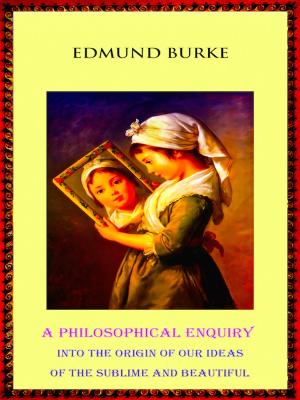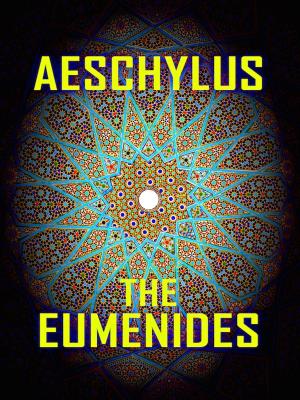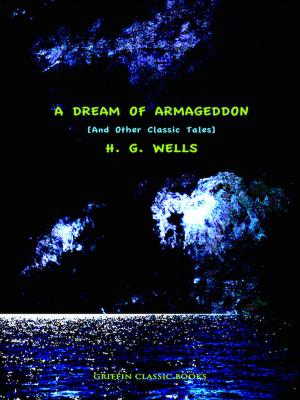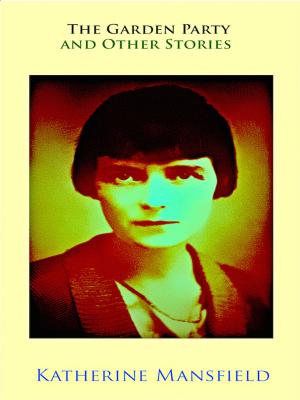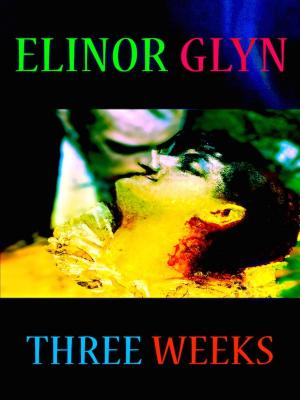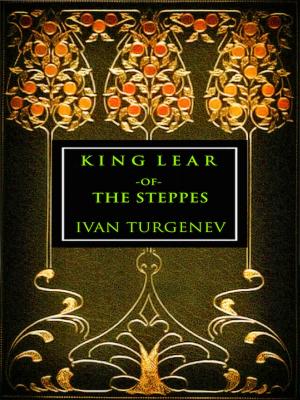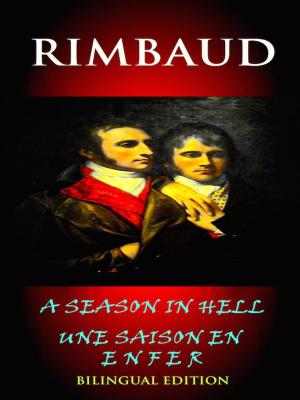| Author: | Eugene O'Neill | ISBN: | 1230001533026 |
| Publisher: | Editions Artisan Devereaux LLC | Publication: | February 3, 2017 |
| Imprint: | Language: | English |
| Author: | Eugene O'Neill |
| ISBN: | 1230001533026 |
| Publisher: | Editions Artisan Devereaux LLC |
| Publication: | February 3, 2017 |
| Imprint: | |
| Language: | English |
Anna Christie was a trailblazing 20th century drama including much what O’Neill had on his mind, from the nature of a man who goes to sea, to feminism, to psychological dysfunction.
Anna is reunited after a gap of 15 years with her father Chris, an old Scandinavian salt and now captain of a Provincetown coal barge. The battered Anna has sought out the Swedish seafaring father she has not seen since she was sent, aged five, to the supposed protection of relatives.
Overall, there’s the sense that the wheel of fate is spinning in the background somewhere, out of anybody’s control. And things aren’t going to turn out well.
What neither Chris nor Mat Burke, a shipwrecked Irish stoker who falls instantly in love with her, realize is that Anna has been working as a Minnesota prostitute.
Chris and Mat fight for spiritual possession of her.
Mat wants to marry Anna. Her father does not want her to marry any sailor, and Anna doesn't want either of them to think they're in charge of her.
As the play moves on, Anna reveals the truth about her life: that she was raped, and soon after became a prostitute.
Mat gets furious, and he and Chris leave as they reject her with equal forcefulness.
With a modernity born of suffering, Anna makes the two insensitively sparring men look like moral dinosaurs, especially in the extraordinary scene where their reproving passivity goads her into a blazing exposure of the double standards by which these brothel-frequenting males live.
At the close, as Anna climbs to the top deck of her father’s ship and gazes out over the waves, there's a strong mystical sense that the trio will be lucky ever to be reunited and that it's the destiny of this ex-hooker to be wedded not to a man, but to the ever-renewing sea.
EUGENE O’NEILL (1888 –1953) was an American playwright and Nobel laureate in Literature. O'Neill's plays were among the first to include speeches in American vernacular and involve characters on the fringes of society. His drama Long Day's Journey into Night is often included on the short list of the finest American plays of the 20th century, alongside Tennessee Williams's A Streetcar Named Desire and Arthur Miller's Death of a Salesman.
Anna Christie was a trailblazing 20th century drama including much what O’Neill had on his mind, from the nature of a man who goes to sea, to feminism, to psychological dysfunction.
Anna is reunited after a gap of 15 years with her father Chris, an old Scandinavian salt and now captain of a Provincetown coal barge. The battered Anna has sought out the Swedish seafaring father she has not seen since she was sent, aged five, to the supposed protection of relatives.
Overall, there’s the sense that the wheel of fate is spinning in the background somewhere, out of anybody’s control. And things aren’t going to turn out well.
What neither Chris nor Mat Burke, a shipwrecked Irish stoker who falls instantly in love with her, realize is that Anna has been working as a Minnesota prostitute.
Chris and Mat fight for spiritual possession of her.
Mat wants to marry Anna. Her father does not want her to marry any sailor, and Anna doesn't want either of them to think they're in charge of her.
As the play moves on, Anna reveals the truth about her life: that she was raped, and soon after became a prostitute.
Mat gets furious, and he and Chris leave as they reject her with equal forcefulness.
With a modernity born of suffering, Anna makes the two insensitively sparring men look like moral dinosaurs, especially in the extraordinary scene where their reproving passivity goads her into a blazing exposure of the double standards by which these brothel-frequenting males live.
At the close, as Anna climbs to the top deck of her father’s ship and gazes out over the waves, there's a strong mystical sense that the trio will be lucky ever to be reunited and that it's the destiny of this ex-hooker to be wedded not to a man, but to the ever-renewing sea.
EUGENE O’NEILL (1888 –1953) was an American playwright and Nobel laureate in Literature. O'Neill's plays were among the first to include speeches in American vernacular and involve characters on the fringes of society. His drama Long Day's Journey into Night is often included on the short list of the finest American plays of the 20th century, alongside Tennessee Williams's A Streetcar Named Desire and Arthur Miller's Death of a Salesman.


